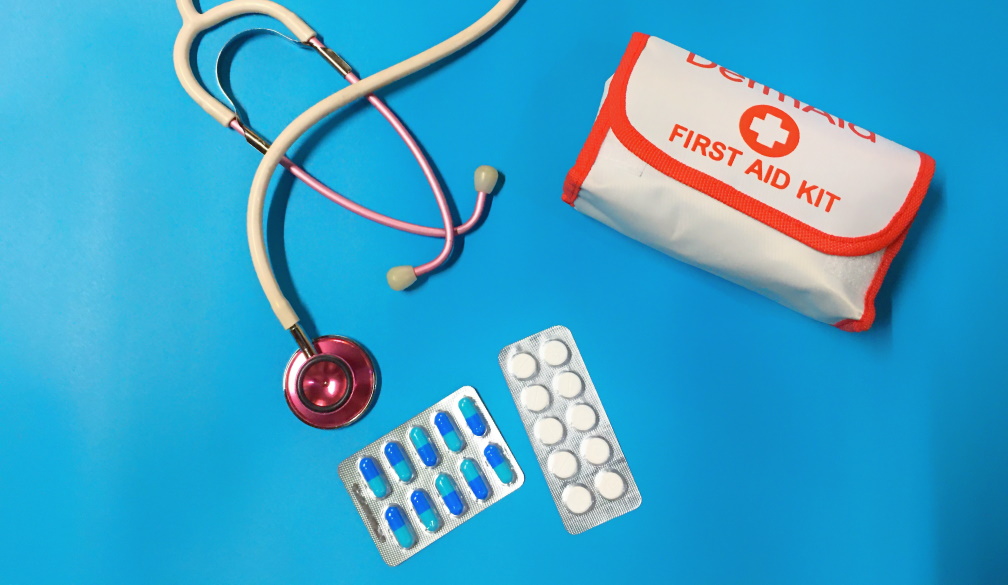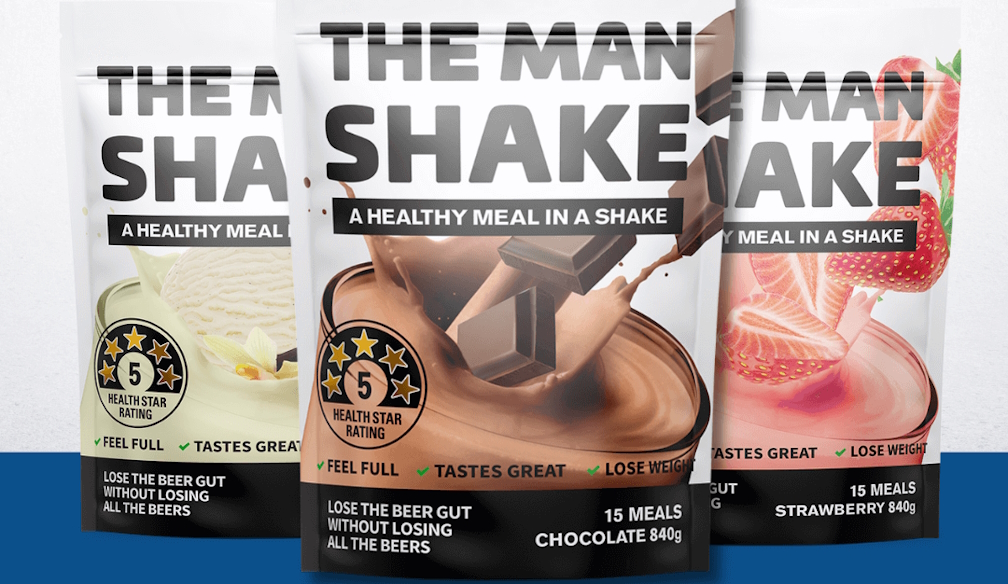Dr reveals 6 preventative healthcare steps to reducing HIV risks

While the prevalence of HIV in Australia remains one of the lowest among developed countries, a doctor from a leading telehealth service believes sexually active Australians should remain alert to HIV risks. Accessing preventative medicines is key to significantly reducing HIV risk, and potentially eradicating the disease in Australia. Ahead of Mardi Gras (18 February to 6 March) celebrations this year, he shares effective measures such as preventative medicines that will minimise HIV risks.
Dr Andrew Thompson is a registered doctor at InstantScripts, an award-winning telehealth service used by more than 300,000 Australians to access prescriptions, medical certificates and telehealth consultations.
Dr Thompson says it is important for Australians to take charge of their health and be aware of the many tools at their disposal that can help reduce their risk of HIV transmission. “Medicine has made leaps and bounds in developing preventative measures that have reduced HIV transmissions in Australia by 37 per cent over the last seven years.[1] However, I still urge Australians to remain vigilant and educated on HIV prevention.
“Ahead of Mardi Gras this year, it is important for the community to celebrate safely. Australians would be wise to have a regular doctor that they trust to have non-judgemental and private conversations with about their sexual health. Understanding the risks is equally as important as practising safe behaviours to prevent transmission.”
Dr Thompson shares 6 ways Australians can reduce their HIV risks.
- Use preventative medicines. Pre-exposure prophylaxis (PrEP) is a combination of two antiretroviral medications and 99 per cent effective in reducing HIV risk. HIVPrevent, a prescription platform powered by InstantScripts, allows Australians at risk of HIV to discreetly access a quarterly prescription of PrEP. Through the platform, patients complete a digital consultation and pathology test to check for existing HIV, liver or kidney problems, before accessing a prescription. To continue the subscription, a pathology test is required every three months to confirm eligibility.
- Seek regular health checks. Dr Thompson stresses the importance of getting regular health checks, including STD screenings, for those at risk. “Regular health checks can determine HIV status and any other potentially emerging health issues. For those already living with HIV, seeking a doctor they are comfortable speaking with can help them determine a management plan that works for them, so they can continue living a full life.
- Talk openly with your partner. Many Australians live with HIV and enjoy lasting, healthy relationships with their partners. Dr Thompson recommends those at risk talk openly and honestly with their partners about their sexual history and health status. “Talking about sexual history as well as preventatives measures, such as medications and safe sex practices can vastly reduce the risk of HIV transmission.” Dr Thompson recommends those who are worried about their HIV risks would be wise to also speak to their partner about seeking regular STD screenings.
- Practise safe sex. Dr Thompson says it is important for Australians to understand safe sex practices that can reduce their HIV risk. “Other than the use of PrEP, the use of a condom is one of the most effective ways to prevent transmission.”
- Know the risks. Remaining cautious and aware of HIV risks is vitally important. “There are many misconceptions about HIV and its transmission. It is important for Australians to understand that anyone can get HIV, whether it is through bodily fluids, blood or even breast milk. Australians should also be aware of the increased health risks in HIV-positive individuals, including an increased risk of developing cardiovascular disease, type 2 diabetes and other serious health conditions. HIV is not to be taken lightly.” Dr Thompson says intravenous drug use is also a factor in HIV transmission, particularly when needles are shared or used unsterilised.
- Act quickly after potential exposure. While PrEP can help prevent transmission prior to sexual intercourse, post-exposure prophylaxis (PEP) can help those who think they may have been exposed to HIV. “PEP can only be taken up to 72 hours after potential HIV exposure, so it is important to act quickly.” Australians can visit their regular doctor or seek a trusted telehealth service for a prescription.
About InstantScripts
InstantScripts (instantscripts.com.au) is Australia’s leading online prescription service. Launched in 2018, the fast-growing platform allows Australians to access prescriptions online for more than 300 common medicines, delivered to their door or their local pharmacy.
[1] Australian Federation of Aids Organisations (AFAO), 2022 afao.org.au/wp-content/uploads/2021/11/AFAO-HIV-in-Australia-2022.pdf








